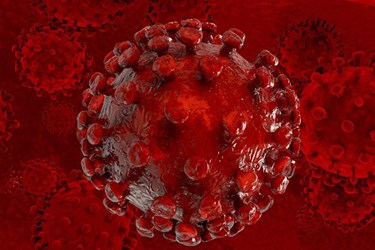Link Found Between Herpes Virus And Increased Risk Of HIV Infection

Researchers at New York University’s Center for Drug Use and HIV Research completed a study of drug users in the city’s Mount Sinai Beth Israel drug treatment program. The researchers found something unexpected during the study—that the number of heterosexual non-injecting drug users infected with HIV in NYC has surpassed those who inject drugs. The research could have ramifications on HIV and AIDs treatment and education, as the rate of HIV transmission increased significantly when the HSV-2 virus was present.
Don Des Jarlais, Deputy Director, Research Methods and Infectious Diseases Cores, Center for Drug Use and HIV Research and Professor of Psychiatry and of Preventive Medicine at Mount Sinai Beth Israel, talked about the results of the study. “Heterosexual intercourse is usually not very efficient for transmitting HIV, but the efficiency of heterosexual transmission nearly triples in the presence of herpes simplex virus type 2. In New York City, we have done an excellent job of reducing HIV among persons who inject drugs and we must now put more efforts into reducing sexual transmission associated with non-injecting drug use”
The researchers found that even when those infected with the HSV-2 are in between outbreaks, their risk of HIV infection is still increased. Over half of the non-injecting drug users in the study were infected with the HSV-2 virus. Herpes increased both the transmissibility and susceptibility of patients to HIV.
The study has been published in the PLOS ONE journal. According to NYU’s press release, The City Department of Health and Mental Hygiene has initiated a program that provides anti-viral medication to those with HIV. There are also federal recommendations in the works to provide individuals at high risk for HIV infection with anti-retroviral medications.
